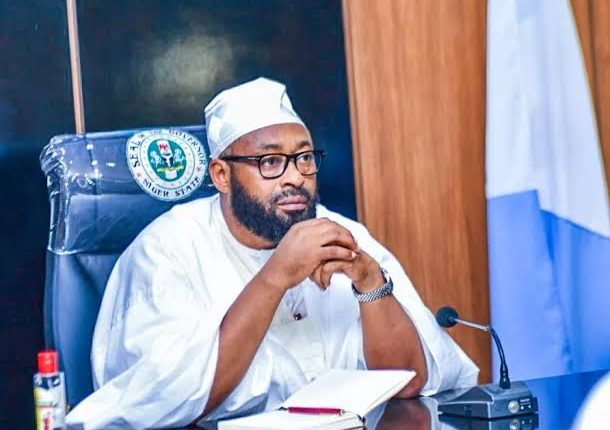The closure of a community radio station in Nigeria’s Niger State has sparked widespread condemnation from local and international press freedom advocates, following allegations of political interference by Governor Umaru Bago. Authorities ordered the shutdown of Minna-based Baddegi FM last week, accusing it of airing “anti-peace” content and inciting public unrest. The decision, however, has been labeled an overreach by media watchdogs, with the station’s management claiming the action stems from a political rivalry ahead of the 2027 elections.
Governor Bago, a member of the ruling All Progressives Congress (APC), reportedly accused Baddeggi FM of “treason” during a party meeting on Friday, alleging the outlet had undermined his administration. In a statement issued by his chief press secretary, Bologi Ibrahim, he directed state security officials to seal the station’s premises and investigate its proprietor. The move drew immediate criticism from Amnesty International, the Nigerian Union of Journalists (NUJ), and the Nigerian Guild of Editors (NGE), which condemned the action as an attack on free speech.
Sources close to the station told local media that tensions escalated after a guest on Baddeggi FM’s breakfast show publicly endorsed Muhammad Nami, former chairman of Nigeria’s Federal Inland Revenue Service (FIRS), as a potential gubernatorial candidate in 2027. Nami’s aide reportedly praised his credentials during the segment, which the station’s leadership believes provoked Governor Bago’s backlash.
Abubakar Shuaib, Baddeggi FM’s director of operations, dismissed the government’s allegations as baseless, asserting the station operates legally under a license granted by Nigeria’s National Broadcasting Commission (NBC). “We discuss issues affecting our state daily, from governance to security challenges like banditry,” Shuaib told local outlet Daily Nigerian. “Governments often resent accountability, so our critical reporting angers them.” He urged Bago to submit formal complaints to the NBC—the national media regulator—instead of deploying security forces to intimidate staff.
State Information Commissioner Binta Mamman had earlier claimed Baddeggi FM lacked proper licensing, a charge Shuaib countered by stating the NBC regularly monitors its programming. He also alleged that the station’s critical coverage of the governor’s frequent travels and security policies contributed to the rift.
Media rights groups have raised concerns over escalating pressures on Nigerian journalists, particularly in states where officials face scrutiny. The closure of Baddeggi FM aligns with a broader pattern of authorities leveraging security agencies to silence dissent, according to Amnesty International. The NUJ emphasized that legal frameworks exist to address broadcast violations, making the governor’s directive to law enforcement “unnecessary and authoritarian.”
As debates over press freedom intensify, the incident underscores the fragile relationship between Nigerian media and political leaders, with critics warning such crackdowns risk eroding democratic accountability ahead of future elections.
